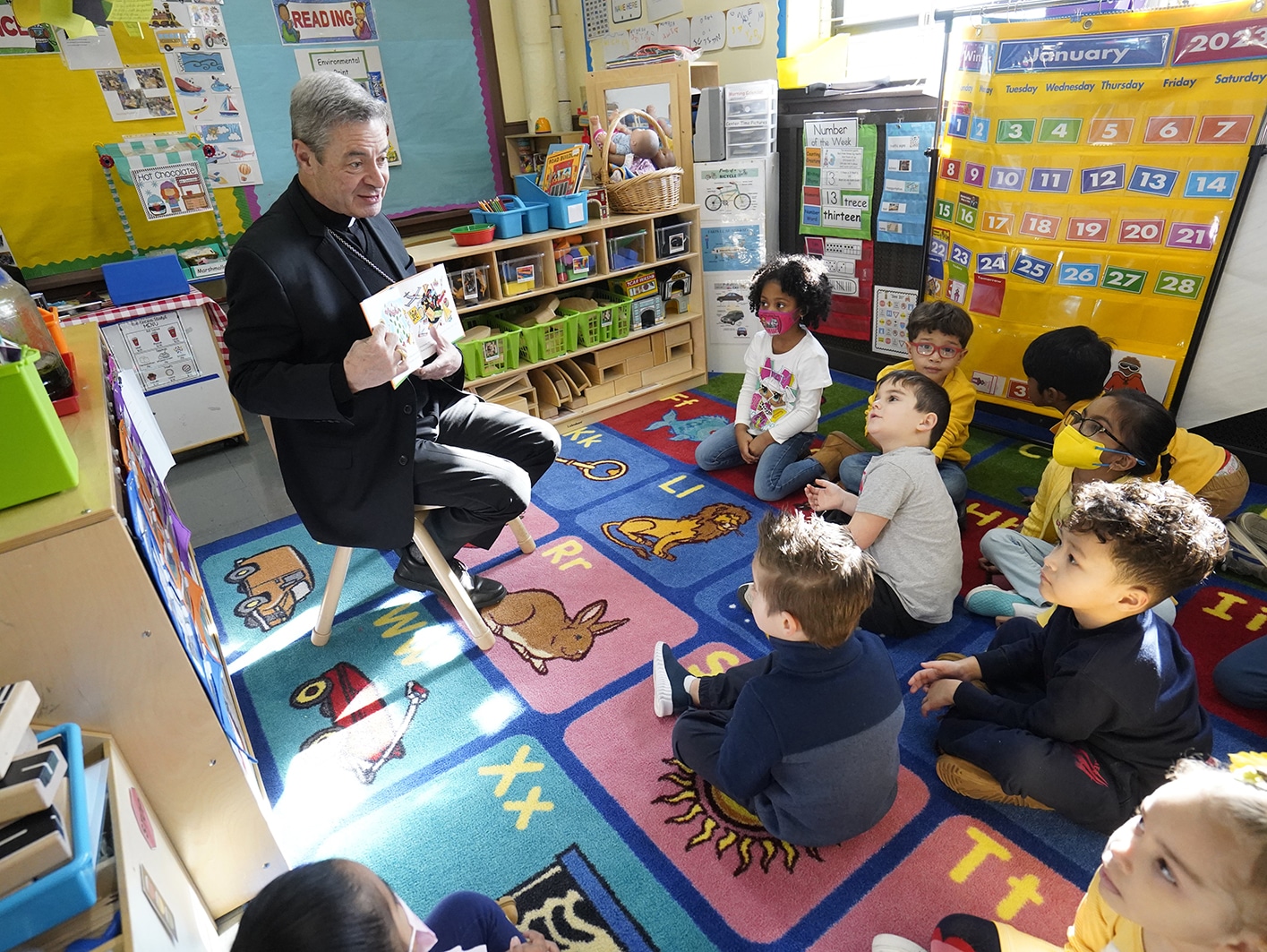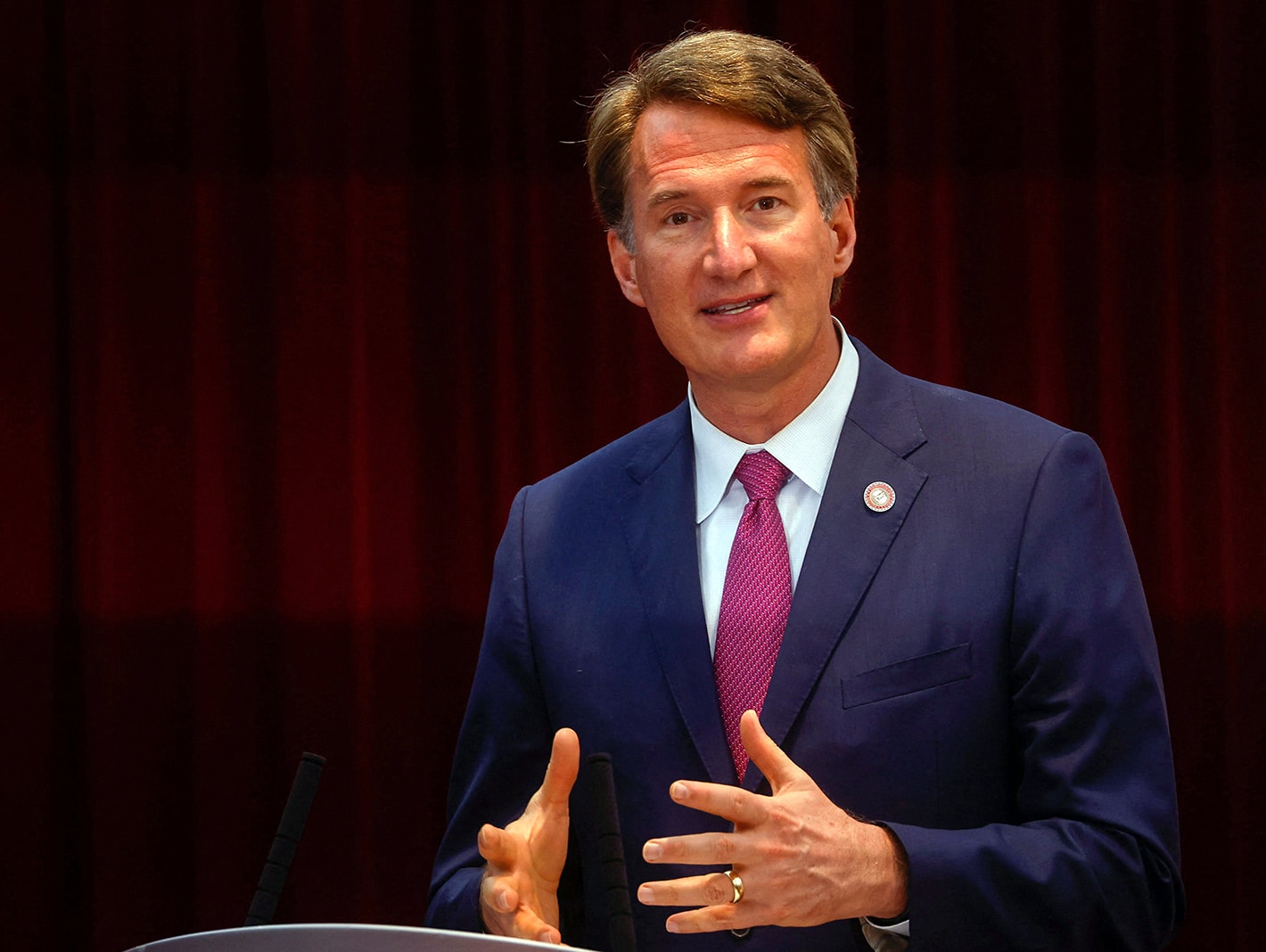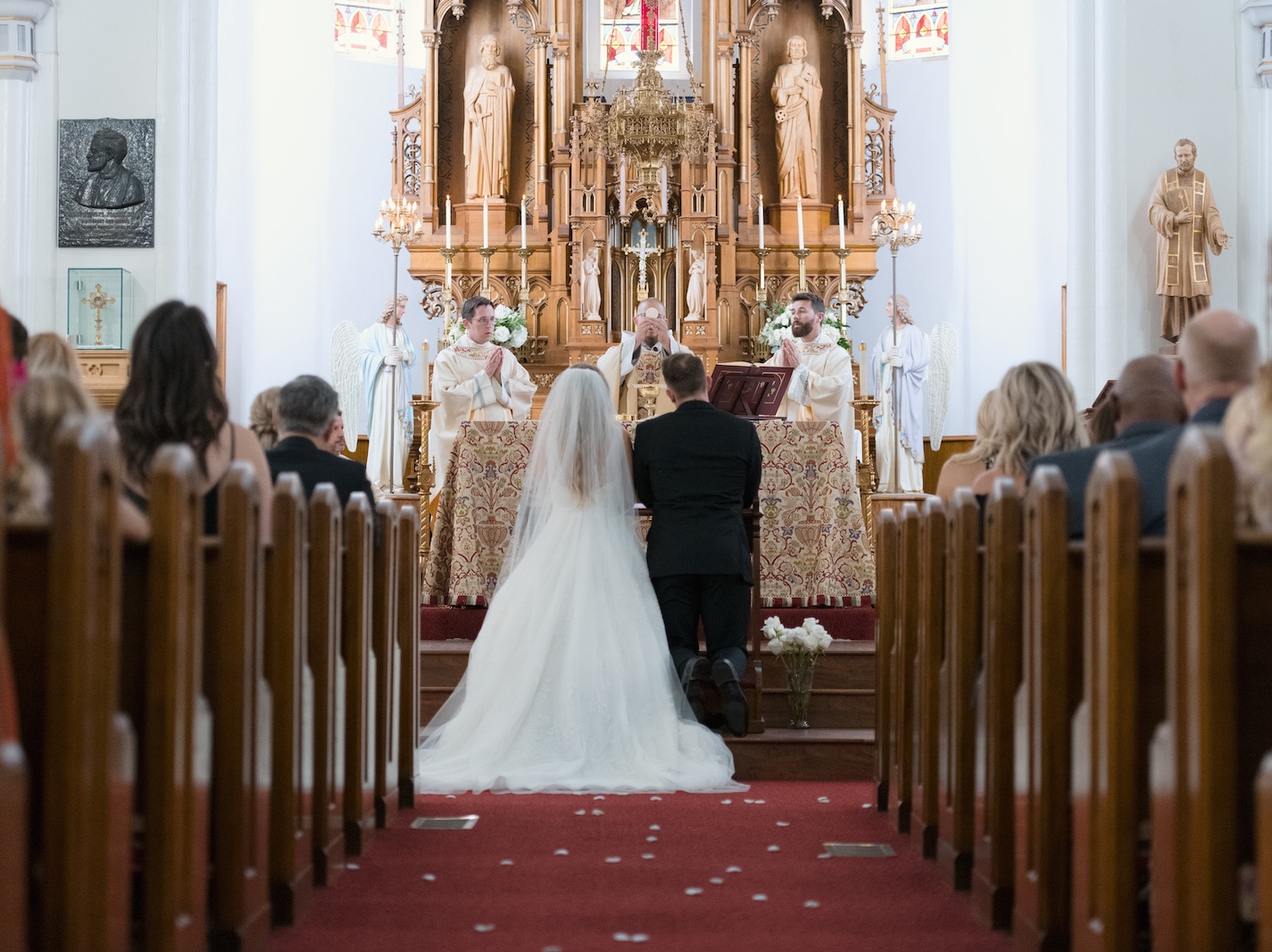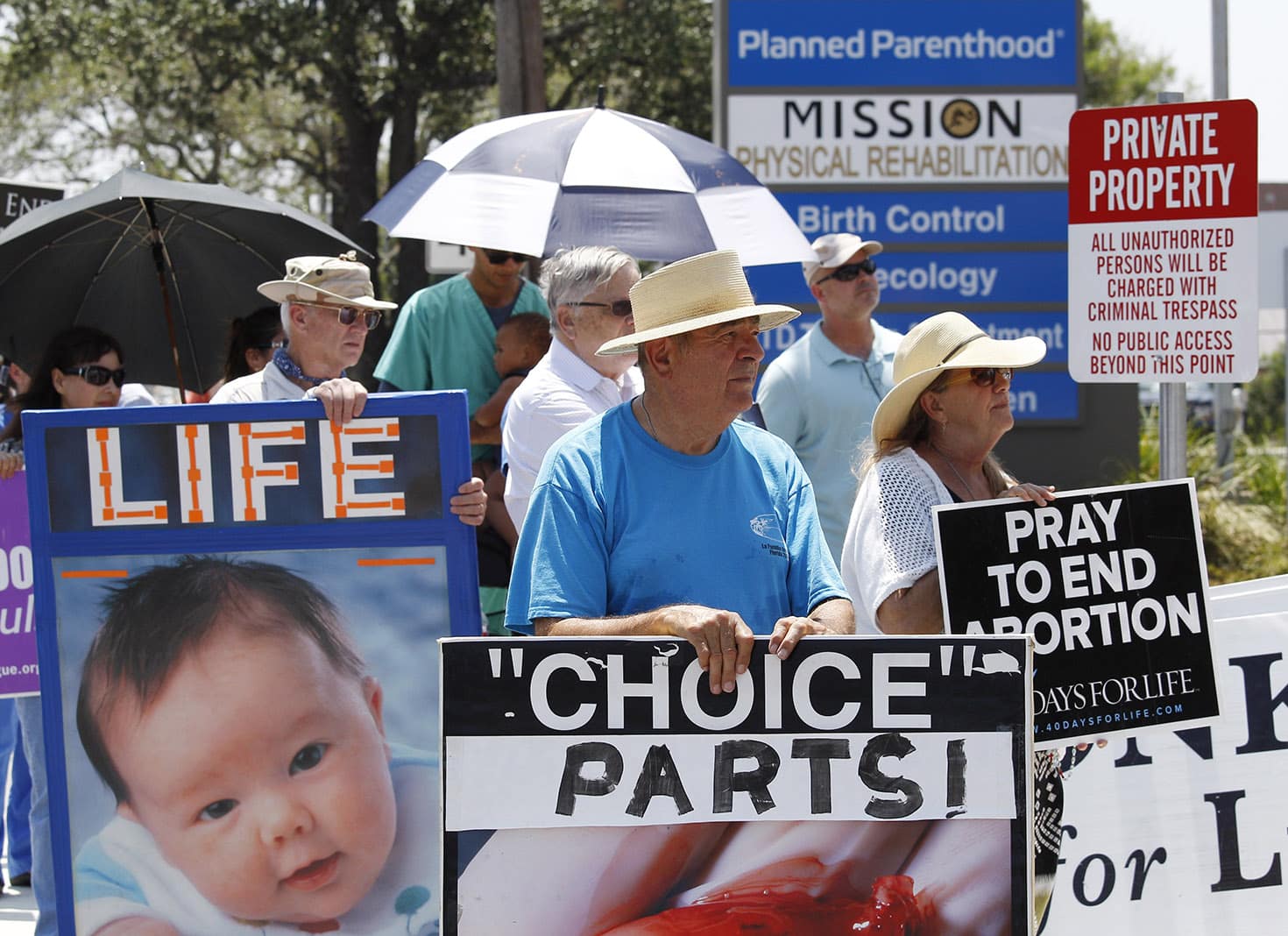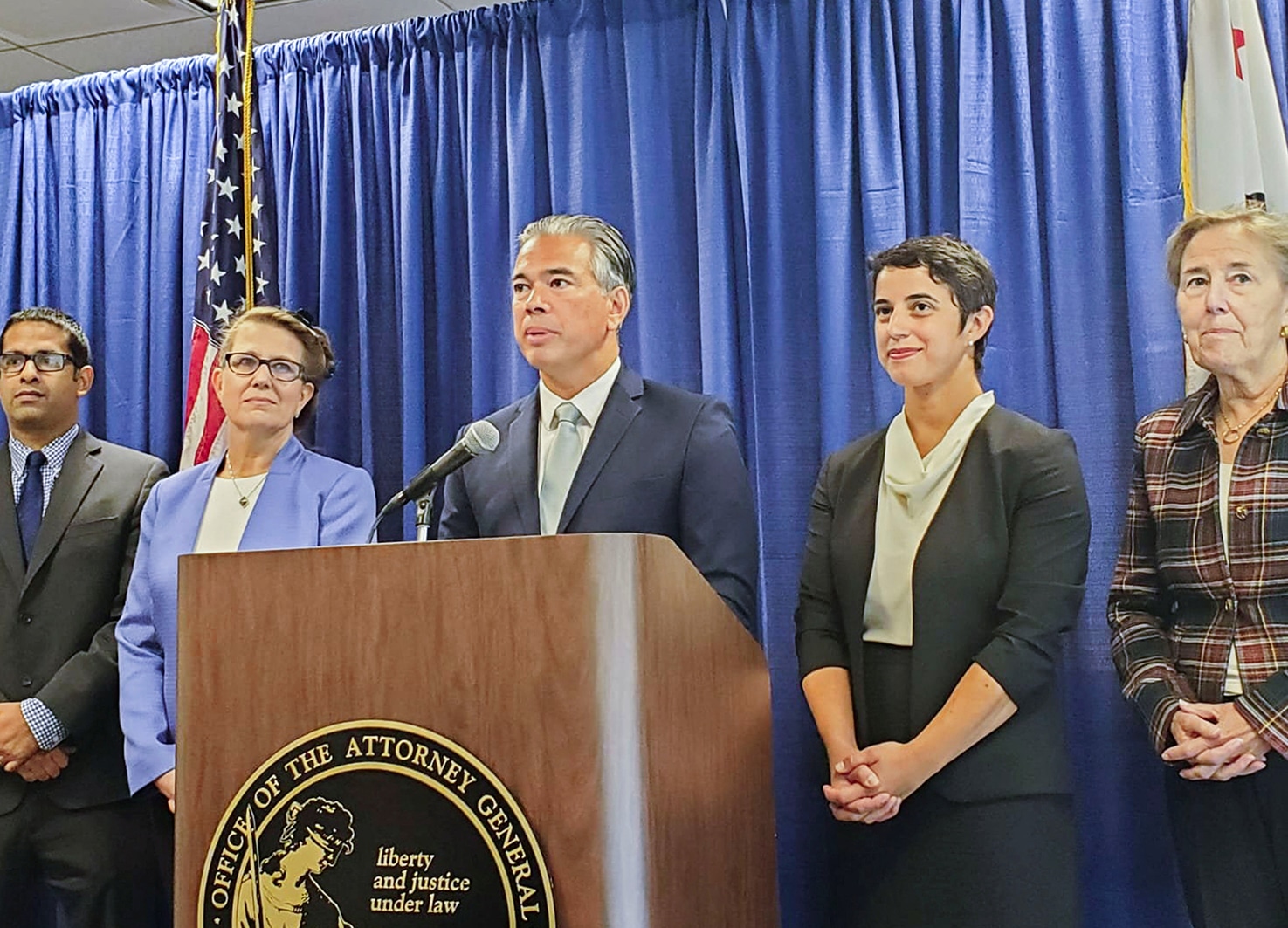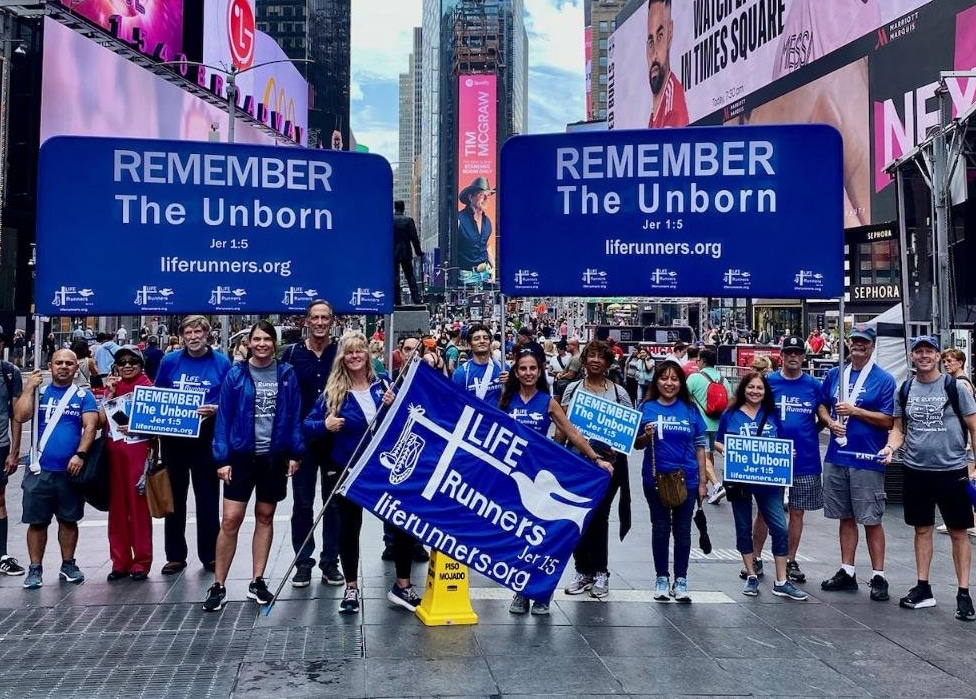(OSV News) — A federal court decision in favor of a Catholic orchardist in Michigan, who announced that his farm would not host same-sex weddings and was banned from a farmers market as a result, is being hailed as a victory for free speech and religious liberty.
In an Aug. 21 decision, U.S. District Court Judge Paul L. Maloney for the Western District of Michigan said Country Mill Farms and owner Stephen Tennes “were forced to choose between following their religious beliefs and a government benefit for which they were otherwise qualified.”
Stephen and his wife, Bridget Tennes, parishioners at St. Mary Parish in Charlotte, Michigan, military veterans and the parents of seven children, together operate Country Mill Farms on more than 200 acres in Charlotte.
The farm includes a cider mill and donates produce to the Greater Lansing Food Bank. It also hosts events such as wedding showers and birthday parties from August through Thanksgiving, according to its web page.
In 2016, Tennes was asked on the farm’s Facebook page whether the orchard hosted weddings for same-sex couples. He responded that because of his religious beliefs, “we do not participate in the celebration of a same-sex union. We have and will continue to respectfully direct wedding inquiries to another mid-Michigan orchard that has more experience hosting same-sex weddings.”
Officials in the city of East Lansing, some 22 miles away, then pressured Country Mill Farms to leave the city-run farmers market and created a policy to exclude the Catholic owner’s farm.
Michigan diocese speaks out
In his ruling, Maloney cited a 6th U.S. Circuit Court of Appeals decision in explaining why the expulsion from the farmers market violated Country Mill’s and Tennes’ “free exercise rights.”
He quoted the appellate court’s reasoning from Dahl v. Board of Trustees of Western Michigan University, which upheld student athlete Emily Dahl’s right to a religious exemption to the university’s vaccination requirement: “The reason is simple: denying a person an equal share of the rights, benefits, and privileges enjoyed by other citizens because of her faith discourages religious activity.”
The Catholic Diocese of Lansing, Michigan, welcomed the outcome of the case.
“Stephen Tennes and Country Mill Farms are to be congratulated for their courageous defense of marriage and their religious beliefs in the face of discrimination from the City of East Lansing,” said Will Bloomfield, general counsel for the Lansing Diocese, in an Aug. 22 statement posted on the diocese’s website.
The judge’s decision noted that Tennes “stopped running haunted houses, something his father started, because the practice was not in line with his faith. He has declined to host bachelor and bachelorette parties for the same reason.”
Alliance Defending Freedom represented Tennes in the lawsuit. ADF senior counsel Kate Anderson said, “Tennes and Country Mill Farms are eager to mend fences with current city officials and get back to doing what Country Mill does best, as expressed in its mission statement: ‘glorifying God by facilitating family fun on the farm and feeding families.'”
Tennes case is one of many
The East Lansing city officials’ reaction to Tennes’ decision to run his farm in line with his Catholic beliefs was predictable, explained Robert Destro, a law professor and senior fellow at the Religious Freedom Institute in the Columbus School of Law at The Catholic University of America in Washington.
“When the Supreme Court legalized same-sex marriage in Obergefell v. Hodges in 2015, Justice Samuel Alito’s dissent focused on compelled affirmation,” he told OSV News.
Alito’s dissent noted the Obergefell decision “will be used to vilify Americans who are unwilling to assent to the new orthodoxy.”
Alito warned that the majority’s comparison of “traditional marriage laws to laws that denied equal treatment for African-Americans and women” would be eventually “exploited by those who are determined to stamp out every vestige of dissent.”
The Tennes case “is about far more than the free exercise of religion,” Destro said.
“It is about the entire First Amendment: non-establishment, free exercise, speech and press, peaceable assembly and petition for a redress of grievances,” he said. “Even more fundamentally, it is about whether there will be religious tests for public offices or trusts or for admission to the marketplace.”
Destro said East Lansing officials decided to target Tennes both for acting on his religious beliefs and also for his speech.
“Cases like this exist all over the country,” Destro added. “What Justice Alito predicted has come to pass.”


